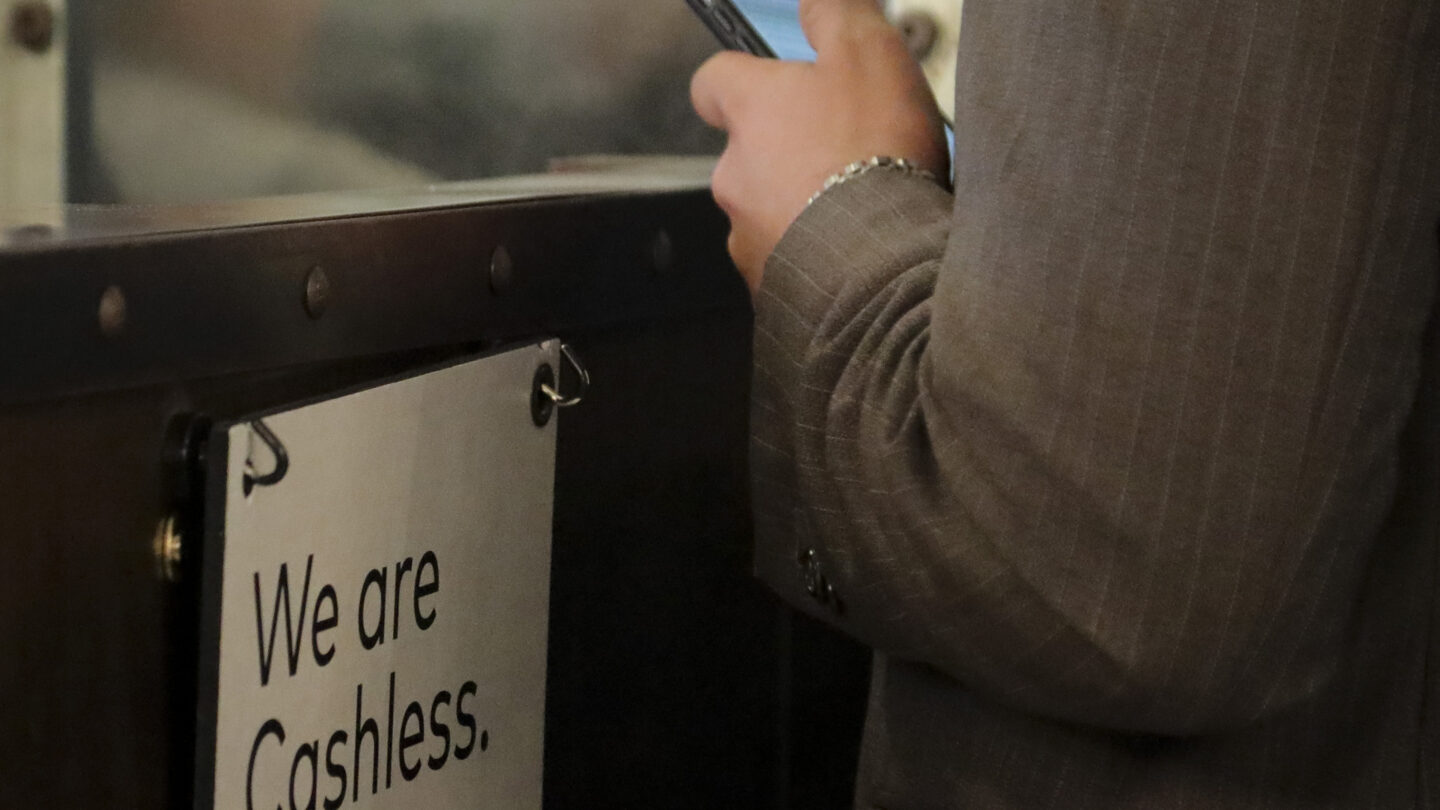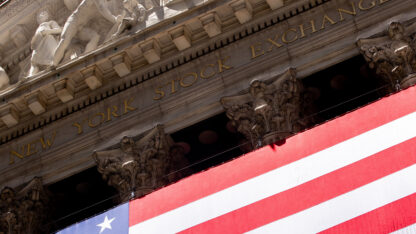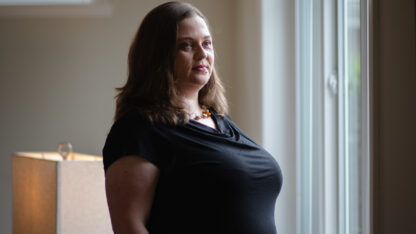Is cash king? Councilman pushes for Atlanta to ban cashless establishments

It’s a growing trend in Atlanta for businesses, small and large, to no longer accept cash.
However, cities like Philadelphia and San Francisco and the states of New Jersey and Massachusetts have banned cashless establishments.
Inside the same barbershop Atlanta City Councilmember Antonio Lewis used to work in as a young man, he explains why cash should still be king.
“While I know some folks may feel that they are ready to never have cash again, you always got to think about the least of the when you make when you make laws,” he said.
Lewis represents District 12. Born and raised on Atlanta’s Southside, he grew up earning cash sweeping floors at the Cleveland Avenue Barbershop. And he recently introduced legislation to ban cashless establishments in Atlanta.
“This legislation right here, meat and potatoes. Cash is the legal tender for all goods and sale in the United States.” said Lewis, adding, “It’s printed on the watermark.”
“It’s bad for people of color — I’m going to say it out loud, it’s bad for people of color!”
Atlanta City Councilmember Antonio Lewis, District 12
Private businesses have the right to implement policies on whether to accept cash unless prohibited by state law.
Mercedes-Benz Stadium has been cashless since 2019, and other establishments around Atlanta have adopted the cashless model due to safety concerns, theft prevention and more.
The Daily Chew is an Israeli-South African café. Owner Julia Kesler-Imerman said the intent behind going cashless is to alleviate day-to-day operational challenges; not to exclude any potential customers.
“It’s purely from an accounting standpoint to not have a cash register at the end of the day,” she said.
Kesler-Imerman says she “eats” the 2.9% processing fee of each transaction in order to avoid the extra tasks of managing a register. Should regulations change, Daily Chew would comply and adapt its processes to ensure all payment methods are available to customers.
Councilmember Lewis says he respects the decisions of business owners but believes a cashless economy is not an inclusive economy.
“It’s bad for people of color,” he said. “I’m going to say it out loud, it’s bad for people of color!”
According to the FDIC, 6.7% of Georgians are unbanked, with Black and Hispanic households being disproportionately unbanked compared to white households.
“I got to make sure that in the state of Georgia, it works for all of us,” Lewis said.
Lewis says he would like to work with state lawmakers to pass some type of cashless ban in Georgia.








